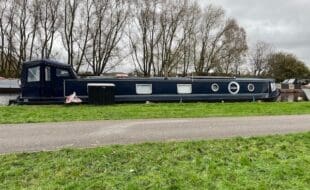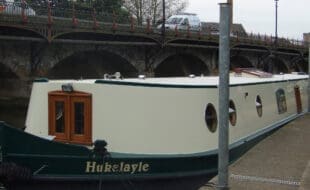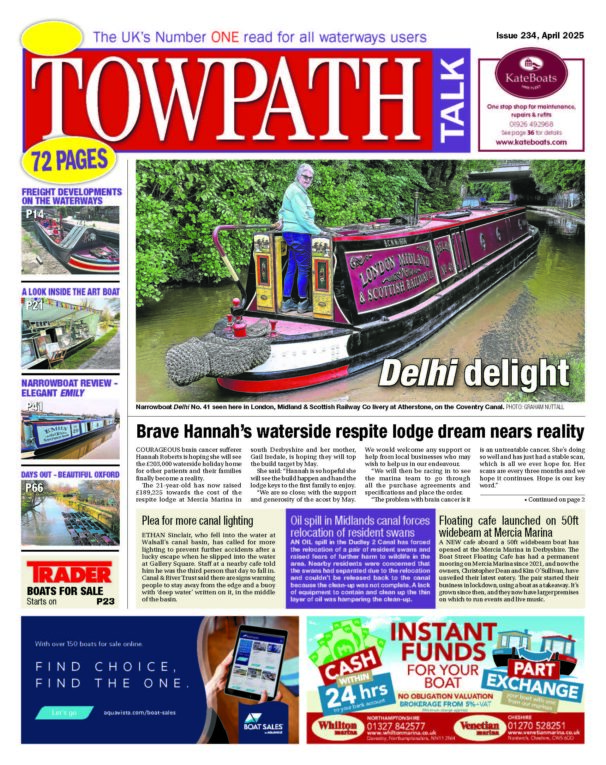A partnership of researchers and Broads businesses has been announced as a winner of the Clean Maritime Competition, alongside 55 other projects to investigate how to decarbonise the maritime sector.
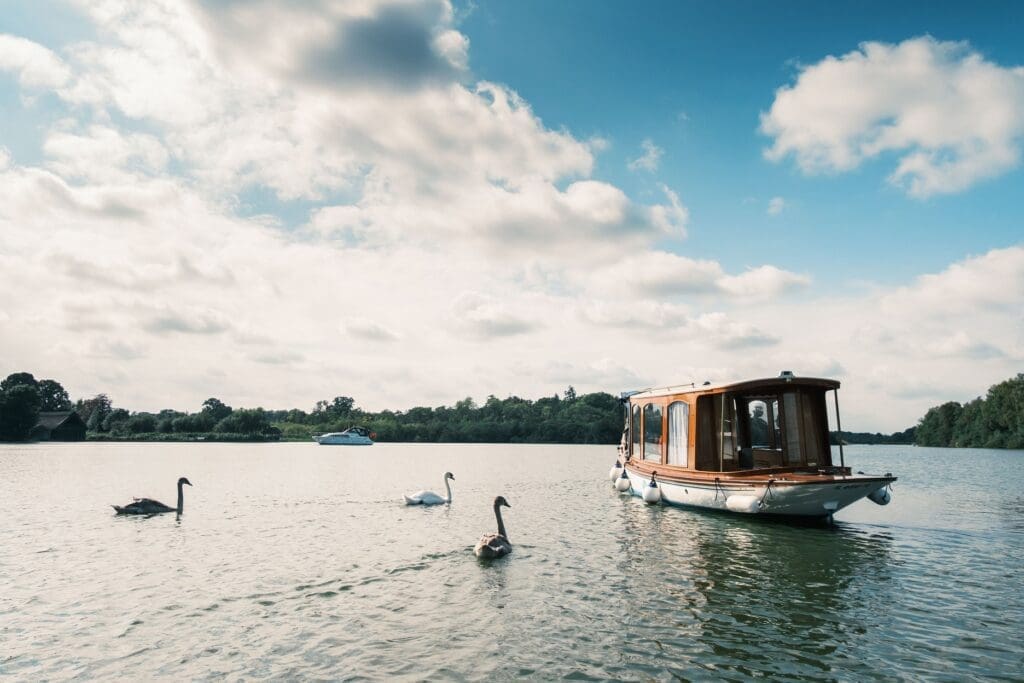
As part of a range of measures to tackle climate change, the UK Government is planning to phase out the production of new fossil-fuel powered vessels by 2050. This funding will enable the ‘Electrifying The Broads’ (ETB) partnership group to research how the transition to cleaner fuels and propulsion could take place in the Broads.
To date, electric motors are only widely used on small outboard vessels, electric day-boats and sailing yachts. The ‘cruiser’ fleet of private and hire boats is almost entirely fossil-fuel powered, and there are currently no environmentally-friendly options for hire vessels that spend weeks away from their base.
The ETB partnership includes RenEnergy, the Broads Authority, Net Zero East, Norfolk Broads Direct and Hethel Innovation, who will investigate ways to decarbonise propulsion of the most polluting cruising vessels and explore the need for electric charging infrastructure throughout the Broads.
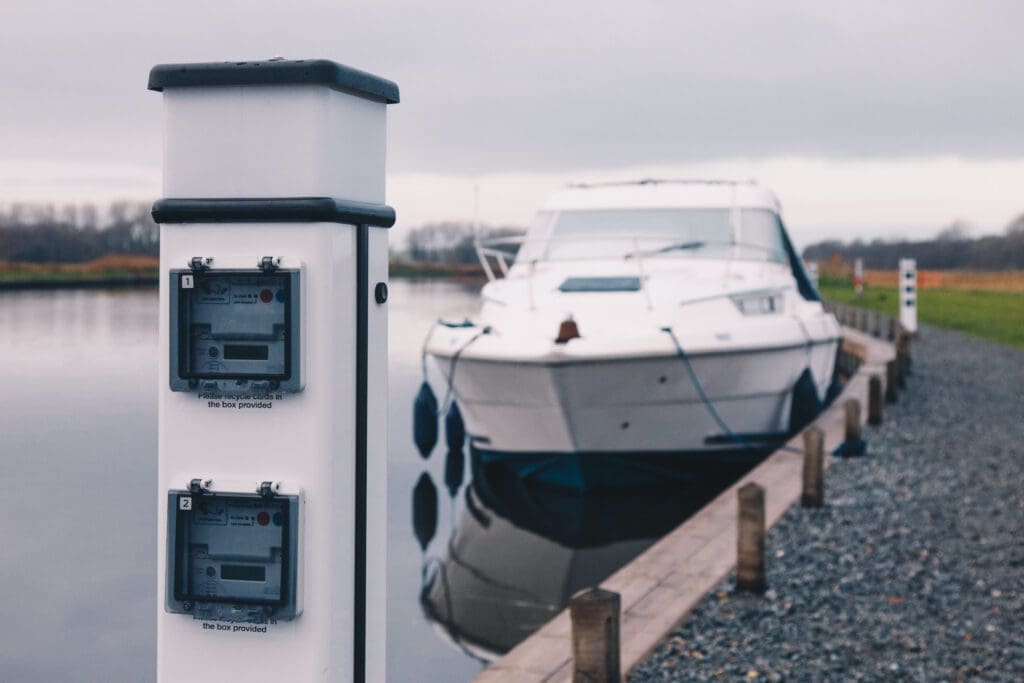
The second phase of the project will look to demonstrate potential technologies (such as biofuels and Hydrogen fuel cells) to Broads’ river users and how they could apply to inland waterways.
To ensure that the Authority supports river users in any changes that the Government applies to fuel and engines, it recently ran a survey amongst Broads boaters, who, for the majority, were supportive of greener cruising.
Over 80% of boat users surveyed would like to use greener fuels, but felt that it would be inconvenient for them to do so e.g. a lack of electric charging infrastructure or lack of biofuel availability. Cost was also cited as a major barrier to adopting greener boating.
Broads Authority, Chief Executive, John Packman, said of the project:
“The Broads Authority is a leader in developing and promoting more environmentally-friendly boating. Both ‘Ra’, the first ever solar-powered passenger boat in the UK, and the Electric Eel boat trip at How Hill, are unique green-boating experiences.
“Our recent partnership working with companies in the Hethel Innovation Centre has been very productive, and this successful bid for funding to research and develop zero-emission boating is very welcome.”
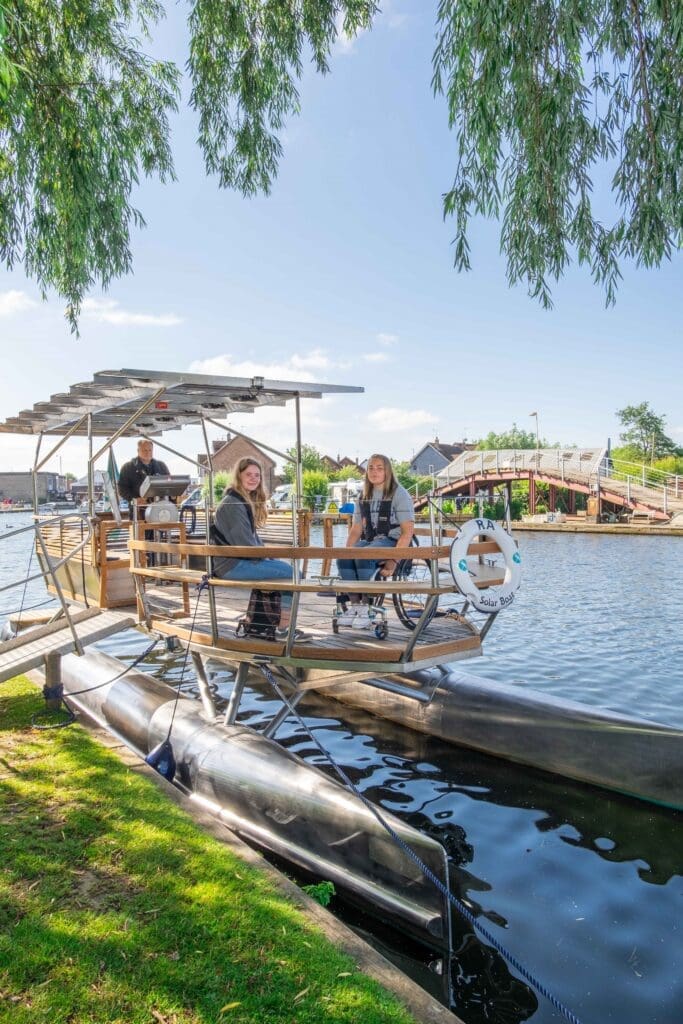
RenEnergy, Managing Director, Damian Baker, said:
“RenEnergy have been at the forefront of developments in renewable technology since 2006. We are excited to be leading the project on the electrification of these acclaimed inland waterways. The project builds upon our knowledge and experience of delivering on-shore infrastructure to support the electrification of vehicles, aviation and now boating.”
Broads Authority, Carbon Reduction Projects Manager, Harry Mach, added:
“Broads river transport has evolved over time, from the classic wherry to the modern diesel cruiser. We are delighted to have been awarded the funding to research and support the next phase of boating on the Broads.
“Working with partners, this research will help us ensure that a transition to affordable and sustainable boating can be developed around the needs of the Broads’ boating community.”
The Electrifying the Broads project is part of the Clean Maritime Demonstration Competition, funded by the Department for Transport and delivered in partnership with Innovate UK.
Announced in March 2020, and part of the Prime Minister’s Ten Point Plan to position the UK at the forefront of green shipbuilding and maritime technology, the Clean Maritime Demonstration Competition is a £20m investment from government alongside a further c.£10m from industry to reduce emissions from the maritime sector.
The programme is supporting 55 projects across the UK, including projects in Scotland, Northern Ireland and from the South West to the North East of England. As set out in the Clean Maritime Plan (2019), Government funding has been used to support early-stage research relating to clean maritime.
This one-year ‘springboard programme’ will lay the foundations for a network of real-world projects, gearing up maritime decarbonisation in the UK and sparking the transition to net-zero shipping.
The 55 projects are supported by private consortia comprising 208 partners from around the UK. The projects were announced at London International Shipping Week (13-17 September) representing a total investment of £33.5 million, and will be completed by March 2022.

